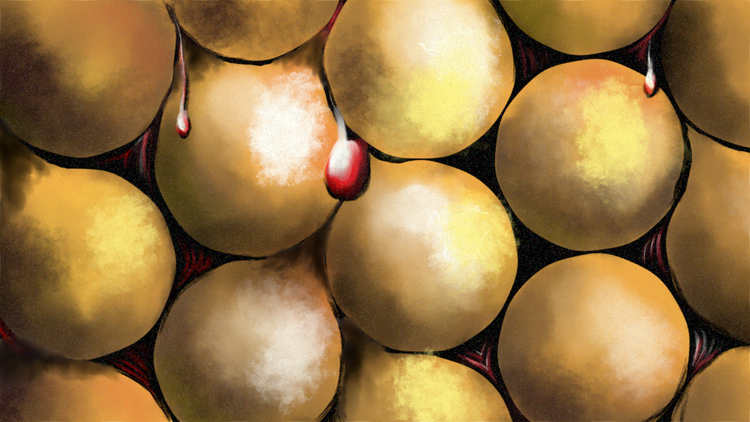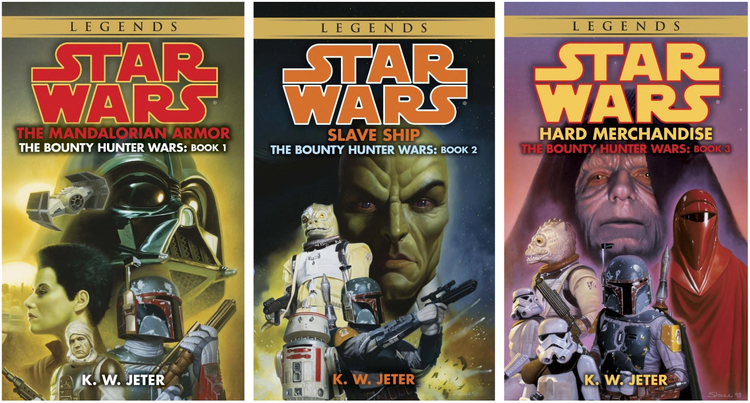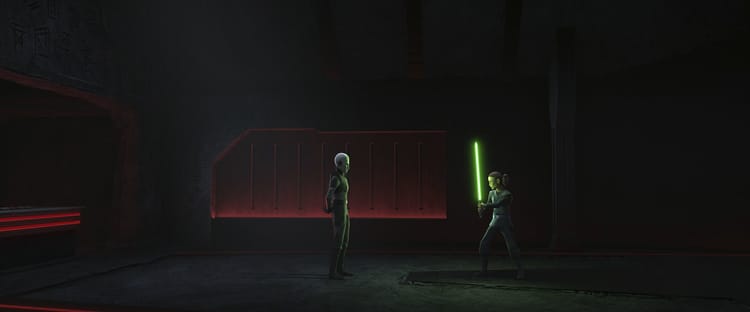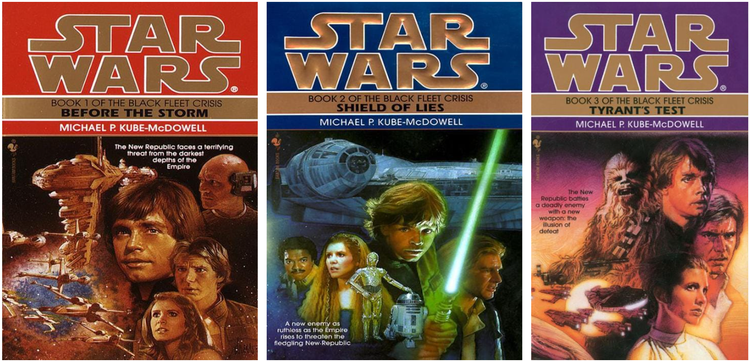
Television Review | Obi-Wan Kenobi
Producers: LucasFilm
Aired: Disney+
Episodes: 6
MPAA Rating: TV-14
EE Critic Score: 7/10
Obi-Wan Kenobi is a six-part limited streaming series focused on the titular Jedi master’s experiences during the Dark Times, as he is torn between the need to keep hidden from the Empire and a sense of obligation to help people. While it starts off with Kenobi living as “Ben” on Tatooine, watching over a young Luke Skywalker, it quickly leaves the desert planet behind as Kenobi must travel around the Galaxy working to foil a plan by an obsessed Inquisitor. While on his mission, Kenobi encounters Darth Vader, still alive and seeking his own revenge on his old master.
The show features the return of Ewan MacGregor, Hayden Christensen, Joel Edgerton, and Bonnie Piesse to their Prequel trilogy roles, and Moses Ingraham as the Third Sister, the Inquisitor who serves as the show’s primary villain. All episodes were directed by Deborah Chow, who previously directed several episodes of The Mandalorian.

Analysis
This show was met with a really weirdly harsh reception, even for a Star Wars thing, which will always be held to the impossible standard of “does this make me feel like how I felt when I first got into Star Wars as a kid?” by a fair number of people. I can certainly identify things the show might have done better, but overall, I enjoyed it. Perhaps this is just a matter of perspective; I didn’t have particularly high hopes for the show, whereas many other people really were expecting something great. What I got was surprisingly good in a lot of respects, while a lot of other fans were let down.
Let’s start by getting into why my expectations were so low: there’s a piece of storytelling advice you may have heard before, even if you’re not a writer, that says to ask whether your story is telling the most interesting part of your protagonist’s life. If it’s not, that might be fine, but you should have a reason you aren’t telling the most interesting story you could about your character. When Obi-Wan Kenobi was first announced, I though how the people making it might consider that question.
“Is this show depicting the most interesting part of Obi-Wan Kenobi’s life?”
“No.”
“Then why aren’t you telling that story instead of this one?”
“We’ve already told the most interesting parts, but we’d like to continue telling stories, and this one was left.”
This show didn’t come into being because the creators had a story to tell or something to say; it came into being because Obi-Wan Kenobi is a popular character and because fans wanted to see Ewan MacGregor return to the role. And I get it, movies/TV are expensive to make, and there’s going to be a mercenary element to the art form, especially in big franchises, and the fact that a project doesn’t start with a strong concept for a story doesn’t mean that a good story can’t come along later. But Obi-Wan Kenobi didn’t have to be good to be successful, so I didn’t expect very much. I expected passable, but inessential.
What the show delivered initially was just that. It was basically fine. I enjoyed seeing Obi-Wan and Vader on the screen. I enjoyed seeing Alderaan, which had barely been visited on film up to that point, for a world with such importance in Star Wars. The show had some good, exciting moments, and some touching ones. Reva turned out to be a pretty interesting villain, one who I expect we’ll see more of some time. But the show didn’t seem to be anything memorable. It was afflicted with a sense of narrative pointlessness. Whatever happened during the show, we knew what would happen afterwards. We knew that Leia would return safely to Alderaan. We know Obi-Wan would return at least relatively safely to Tatooine. We knew Vader wouldn’t know he was there, and that Luke would likewise remain undiscovered. The show would end much where it began.
This was all true up until the final episode. The finale actually featured a change in Obi-Wan’s character, one that had clearly happened sometime between Revenge of the Sith and A New Hope, but which wasn’t really detailed until now. In A New Hope, Obi-Wan exhibits no concern for Anakin, whom he describes as dead. Now, this is, of course, because George Lucas also considered Anakin dead at the time; he wouldn’t have the idea to merge the character with Darth Vader until he began working on The Empire Strikes Back, no matter what the Dutch might tell you. But it’s still a thing, in-universe, that Anakin was essentially dead to Obi-Wan by the end of Kenobi’s life. Even if we consider his statements to Luke to be him trying to protect Luke from the truth, he still doesn’t exhibit any warm feelings for his former student, either when he faces Vader aboard the Death Star or later when his spirit appears to Luke. It’s Luke who still has hope for his father.
We knew already that Vader considers Anakin a separate person whom he has killed, in accordance with the Sith doctrine of self-destruction and rebirth. In the finale to this series, we see Obi-Wan also accept this viewpoint. It’s a moment of despair, but it’s also a key moment in the narative journey of Obi-Wan’s character. This is where his old hopes, which were mostly drawn from confidence in his own abilities and those of his fellow Jedi, died, clearing the way for a new hope. Thus this show finds a small but important spot in the greater story of Star Wars.
I still have my complaints. Despite the strong ending, the show felt padded to unnecessary length; the fact that Leia was captured and rescued twice in a row by all the same players felt especially redundant. In many cases, the show didn’t seem to have the budget to pull off properly. While I think the series reached an artistic success in the end, it really stretched to do so. Also, director Deborah Chow specifically asked composer Natalie Holt (who also did the music for Loki) for a more spare, modern-sounding score. I really think that was a bad move. For Star War’s entire history, one of its greatest strengths has been memorable, thematic music. This show is missing that, and it’s an absence strongly felt.
And, once again, I must praise this series’ dueling scenes. The lightsaber work here is the best we’ve seen in years, especially in live-action. With more lightsaber scenes likely coming in Ahsoka and The Acolyte, here’s hoping the standard of quality stays this high.

Recommendation & Rating
This show is sort of a reverse Solo, a television series that should have been a movie. It doesn’t always deliver on everything Star Wars fans want from the franchise, but the character exploration and fight choreography were both excellent. If you’ve avoided the show due to bad word-of-mouth, I’d say give it a watch, expecting something a little small-scale but which builds every episode toward a satisfying finale. 7/10






Member Commentary